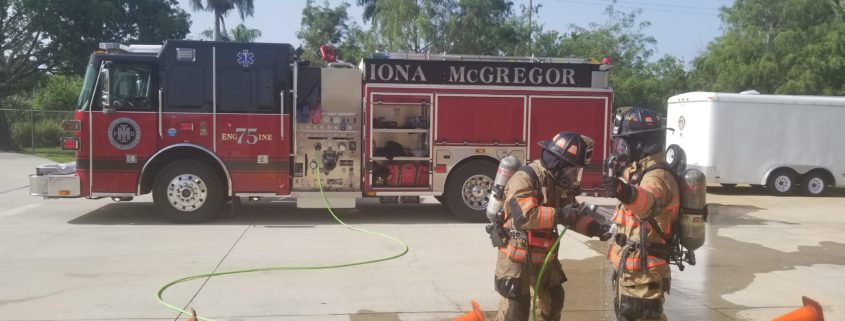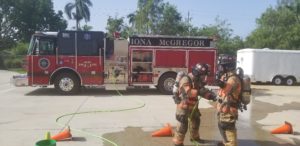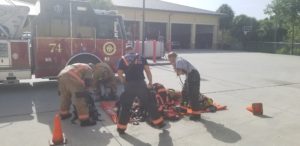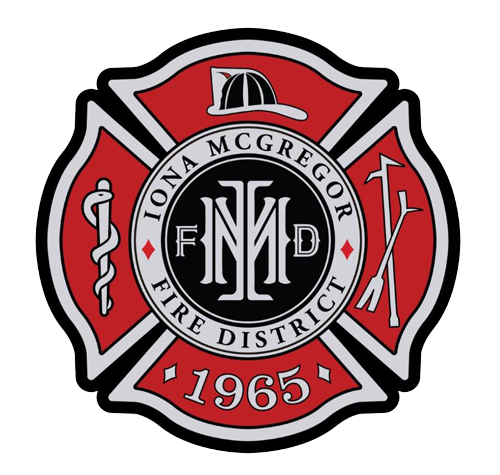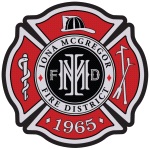
When a Hurricane Strikes, Prepare for Fire and Other Dangers
Iona McGregor Fire District — Are you prepared? The Atlantic hurricane season started June 1. Make a plan now to keep your family safe (www.ready.gov/hurricanes). “Fire safety should be a key part of every household hurricane safety plan,” says Fire Marshal Steffens.
Follow this advice to minimize risks associated with severe weather:
Older adults may need help in severe weather. Check in on older neighbors. Make sure that eyeglasses, prescription medicine, canes and walkers are kept close at hand, especially at night. In an emergency, older adults may need help getting to safety. Stationary oxygen generators require energy to operate. Have a battery-powered oxygen generator, and make sure that the battery is fully charged before the storm.
Powerful storms will knock down tree limbs and power lines, causing electricity to go out. Never touch a downed power line. Stay away from it, and report it to the power company. If the wire is sparking or touching a building, call 911.
Many families use a portable generator for backup power. [insert fire department name] warns that portable generators have fire and burn dangers and can cause carbon monoxide (CO) poisoning. CO is a colorless, odorless gas. The exhaust from generators contains high levels of CO. Breathing too much of it is deadly. Follow this advice for safer use:
- Make sure that your home has working CO detectors.
- Read the portable generator’s manual, and follow the directions.
- Place the generator outside, well away from doors, windows and vents.
- Generators need ventilation. Never place a working generator in the garage.
- Choose an area that is dry. Coming in contact with water can cause electrocution.
- Never smoke while fueling the generator.
- Add fuel to the generator before you operate it. Turn it off before refueling.
- Connect the generator with a heavy-duty extension cord designed for outside use. Never use cords that are fraying or broken.
Expect prolonged electrical outages after a major storm. Lit candles are too dangerous for emergency lighting. Many things in your home can catch fire if they come too close to a candle’s flame. Plan ahead. Buy flashlights, and stock up on batteries. If you must use a candle when the power is out:
- Put the candle in a sturdy holder and on a flat surface.
- Make sure that the candle is at least 12 inches away from anything that can burn.
- Keep children and pets away from the candle.
- Blow the candle out if you leave the room, get sleepy, or go to bed.
During power outages, you may need to rely on a fireplace or wood stove to heat your home. Never use the oven to heat your home.
- Have heating equipment, chimneys and chimney connectors inspected. Make repairs if they are needed.
- Put anything that can burn at least 3 feet away from heating equipment.
- Turn portable heaters off when you leave the room or go to sleep.
- Closely watch children and pets around fireplaces and wood stoves.
- Burn only wood in the fireplace. Keep seasoned hardwood on hand.
A good emergency plan includes a supply of prepared foods that don’t have to be cooked. If you do use camp stoves and barbecue grills, they must be used outdoors only. Otherwise, they can cause CO poisoning.
If you are required to leave your home, you may be staying in a community evacuation shelter. Immediately identify the two exits closest to your location in the shelter. Make sure that you can get outside from both exits.



